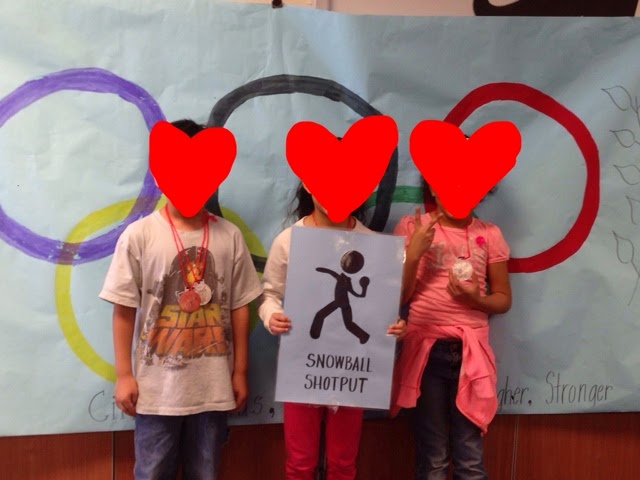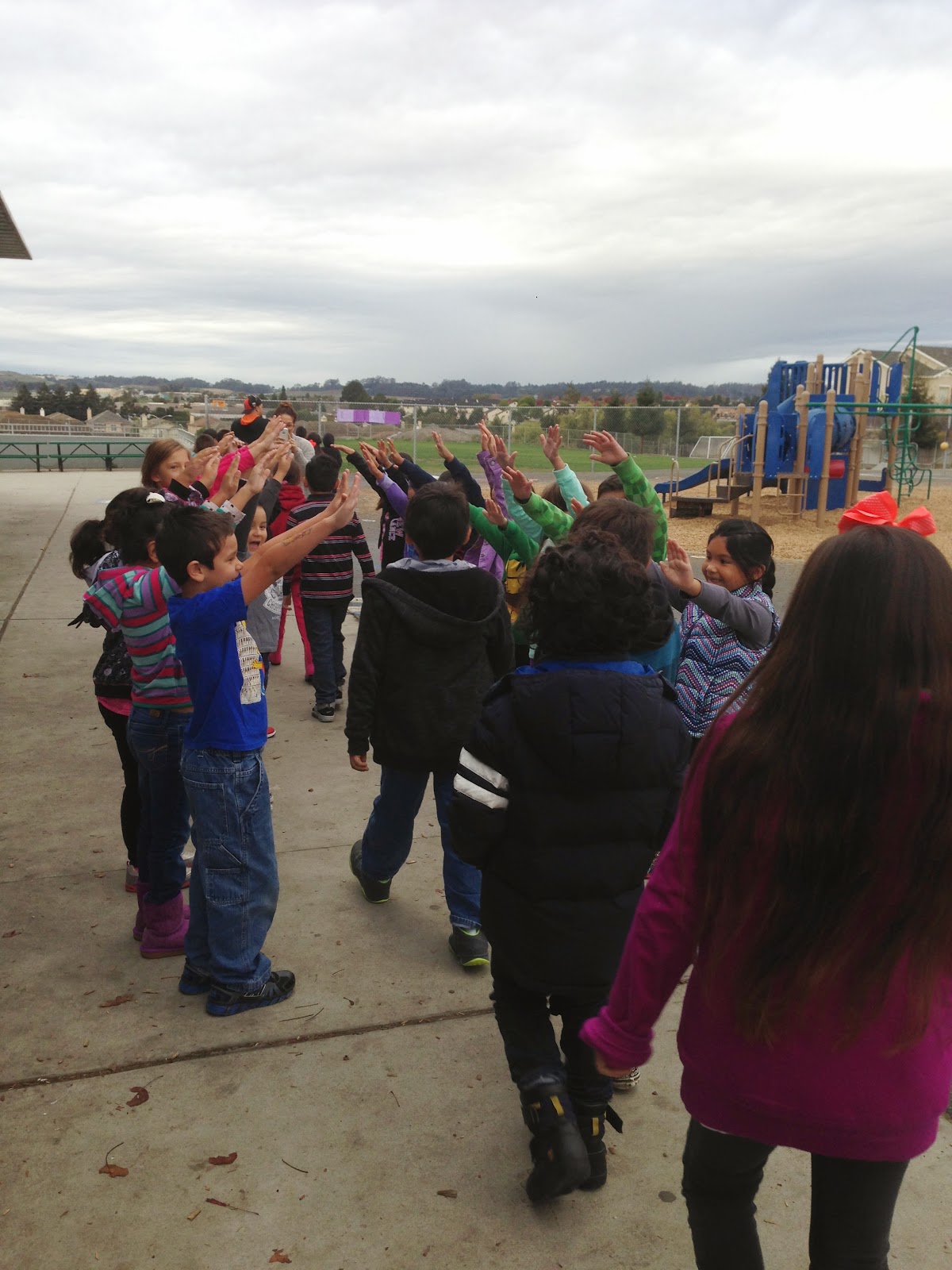I love to try new things but confession.... I almost NEVER finish reading teacher books. I read about 10 pages and then my mind starts reeling about what I can do that I can't keep reading. So that usually translates to me having many books going at one time... and this year is no different! One of the books that I'm reading, that I'll write more about later, is "Leading with Literacy" by Mandy Ellis. In the book, the author shares that reading and writing are interconnected. We can't become better readers without working on on writing and vice versa. So here is my attempt at working on my writing.
I am also reading a book by Nathan May and Brad Wein called "Hacking School Discipline." I love these "Hacking..." books because they are short and give great short bites to making big change. When it comes to discipline and classroom management, I feel like I do okay. I lead with love and that usually works out for me. This last year was REALLY challenging in terms of behavior. I know that one of my implicit biases is kids that give up before they are proud. I have always been a hard charger and have gone over and above. I know that not everyone is like me, but it just kills me to see people (even little people) with so much potential that don't tap into it. It just frustrates me to no end. It seemed like I had a lot of students like this last year. It's hard to motivate someone who doesn't want to be motivated. I found myself angry a lot... angry at them, angry at the situations they have been put in to make them feel unmotivated, but most of all, angry at myself for feeling like I want to give up on a little person who needs me to believe in them. I know that I can't ignore these behaviors but I just got to a point where the battle was just too exhausting. So when I came across this book, it gave me some pause that maybe this is how we ALL feel better and heal after tough behavior days. I also know that communication and tapping into our emotions is very important, especially now, so I'm excited to do some learning!
The book is broken into, I believe, 5 hacks... different actions we can do in our classroom RIGHT NOW that will make a difference. The hack is then split into parts: the problem, the hack, what YOU can do tomorrow, and a blueprint for full implementation. The first hack is called "Let's Talk."
In my current school district, we were trained in a program that is supposed to do the same thing as what this book suggests. We are supposed to connect to students, hear them, and build relationships. At the heart of the program, it's a good idea. But in reality, I didn't feel that I was able to use the program in a way that made a difference for my classroom. Others have been super successful with it; it just didn't seem to work for me. Both that program and this book are looking at school discipline through the lens of restorative justice. In the first part of the hack, the problem, it discussed that students were getting their feelings heard. Discipline often boiled down to "What did you do to cause this problem? What are going to differently next time? Both important questions and of course what we ultimately want to know, but the message given is "You are a problem and you need to fix it." This hack suggests that we need to back up a bit and find out why this problem happened and what are the emotions connected to it. Therefor... let's talk! Let's start a dialogue.
Now already, the cynical part of my brain is thinking "When?? Am I supposed to stop right then and there have a convo outside while the rest of the class just magically works on their own?? Well, no, obviously that's not going to work. I think you have to maybe signal to the students that you see the problem and want to talk but wait for a natural pause so you can give all the students what they deserve in that moment. The book suggested having mediations after class, after school or before school. ... depending on the severity of the problem. A couple of years ago, we had a "safe space" in our classroom where students could go to take a moment and calm down. This might be an option as well to de-escalate the problem immediately until you have a chance to have a conversation. In the situation they give in the book, the problem is pretty extreme and involves removing the students immediately. But we're the experts, we know what works for us!
Back to the idea of "Let's Talk". The book states "By saying, 'Let's talk' and by asking questions, we demonstrate that this meeting is not a punishment; it's a conversation." Here's the questions that are suggested for keeping the discussion focused and on track:
- What happened?
- What were you thinking about when _____ happened?
- Who did this affect and how so?
The biggest take-away from these questions is keep them OPEN ENDED. We want a conversation where the students work out the problem and you facilitate the conversation. The authors also suggested some core values of a restorative mediation:
- RESPECT: be very clear that we have expectations in our classroom to respect each other and a reminder of your classroom expectations is a good place to start. Also, a talking stick may be necessary. (side note... Adam Peterson, author of "Teach, Learn, Play" has some AWESOME classroom expectations that I am going to lead with next year!)
- RELATIONSHIPS: letting each other have a chance to speak and more importantly HEAR each other gives them a chance to empathize with each other. There may be an underlying reason for why a student feels how they feel. (This may be a GREAT place to have some LISTENING activities with the students.)
- RESPONSIBILITY: both parties are involved in a negative behavior and need to own up to their behaviors before they can move forward. This should probably include logical consequences as well.
- REPAIRING the harm: what can the students do to fix the damage...letters of apologies, acts of kindness, putting a positive response on social media. Something has to be done to repair those feelings.
- REINTEGRATING: be mindful that a student may need to take a little time to normalize... a short walk around the campus, a check in with another teacher, a check in later that day.
I also loved that this process allows the students to take responsibility for their actions but also allows them to learn and grow.
The next part of the hack is what you can do TOMORROW! Yes! This is what we all want. I want to read this and immediately put it into practice! After reading this process, be prepared to do it... note cards, posters, whatever it takes for you to be able to facilitate these conversations. A few pointers that I got from this section was to empathize with the emotions and give credit to naming those feelings. Give emotional feedback! Assign a plan of action..."we are in this together, we are a family, let's have each others' backs." The part that I often forget is this next part... inform the "cheerleaders" (I love that term!). Make sure the stakeholders know what happened and how it was solved. And then RECORD what happened. This will help out if the problems continue to exist in the future.
Final suggestions:
- Always give an out if someone gets emotional. Students are given the opportunity to step away from the mediation for a minute or two. If they can NOT come back, then the consequences will be set without their input.
- Be the summarizer... keep the storytelling to "just the facts" and rephrase ideas if they start to become accusatory.
- Encourage non-accusatory questions: What was your intention in _____? Was anything else going on? How are you feeling now? What do you think would happen if we communicated this way first?
- Ask the victim what they want to be able to restore the relationship.
The next hack has to do with how the rest of the group is affected by this problem using "CIRCLE UP." I'm excited to read about this. My daughter, Grace, feels everyone's feelings for them. When a problem arises, it truly affects her. I think this is true about most of our students. So, I think this is going to be a very important step to how we move forward and address the needs of ALL the students!
Well, I'm not sure if my recap was a whole lot shorter than the actual chapter 😆 but it sure makes a whole lot more sense to me!
I hope you have a wonderful rest of your day and stay open to communicating with others to build on those relationships!


















